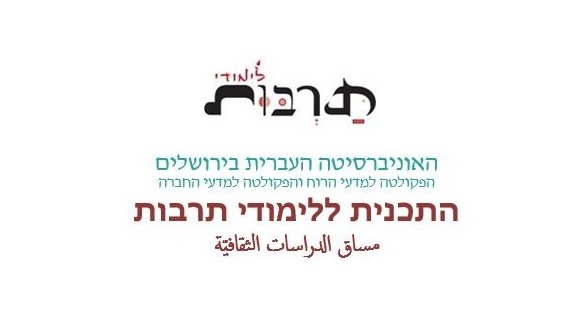
פרופ' לואיז בית-לחם
קורס ליבה 2 נ"ז
סמסטר א' יום ב' 12:00-10:30
נלמד באנגלית
סמינר זה בוחן את תנועת האנטי-אפרטהייד הבינלאומית (AAM) ככוח מכריע בהופעתה של חברה אזרחית גלובלית ובעיצוב השיח של סולידריות בינלאומית וזכויות אדם. נחקור כיצד ה-AAM – אחת מ"התנועות החברתיות החדשות" שצמחו לאחר מלחמת העולם השנייה – גייסה תרבות, תקשורת וזהות קולקטיבית במאבקה בעוולות האפרטהייד.
תוך התמקדות בפוליטיקה התרבותית של ההתנגדות לאפרטהייד, הקורס בוחן כיצד המאבק באפרטהייד התקיים לא רק באמצעות מדיניות ומחאה, אלא גם באמצעות מוזיקה, מופעים, תקשורת חזותית ותרבות חומרית (בית-לחם, 2013). מקרי בוחן כוללים אירועים בינלאומיים מרכזיים כמו מופע יום ההולדת ה-70 של נלסון מנדלה בשנת 1988 – קונצרט עולמי שסימל סולידריות חוצת יבשות במאבק באפרטהייד.
הקורס נוקט בגישה טרנס-לאומית ורב-תחומית, ובוחן את היווצרותן של סולידרויות בדרום ובצפון הגלובלי, תוך מתן דגש לתרומות של תנועות "עולם שלישי," זרמים קומוניסטיים וגישות פאן-אפריקאיות.
מונחים מרכזיים לדיון כוללים:
גזענות ואפרטהייד
סולידריות וחברה אזרחית גלובלית
חוזים אזרחיים ותנועות חברתיות חדשות
חומרי הקורס כוללים תרבות קולית וחזותית, תיאוריה פוליטית, וארכיוני מחאה. נשאף להעריך באופן ביקורתי את הדרכים שבהן צורות תרבותיות עיצבו דמיון גלובלי של צדק – ולבחון כיצד מורשות אלו ממשיכות להשפיע על מאבקים בני זמננו. הקורס ניתן באנגלית אך ניתן להגיש את מגוון המשימות והעבודות בעברית.
This graduate seminar investigates the international anti-apartheid movement (AAM) as a vital force in the emergence of global civil society and in shaping discourses of international solidarity and human rights. We explore how the AAM—one of several post–World War II “new social movements”—mobilized culture, media, and collective identity to confront the injustices of apartheid.
Focusing on the cultural politics of anti-apartheid resistance, the course analyzes how apartheid was contested not only through policy and protest, but also through music, performance, media spectacle, and material culture (Bethlehem 2013). Case studies include major international events such as the 1988 Nelson Mandela 70th Birthday Tribute—a globally broadcast concert that symbolized solidarity across continents in the cause of the anti-apartheid struggle.
The course takes a transnational and interdisciplinary approach, examining solidarities forged in both the Global South and North, and foregrounding third-worldist, communist, and pan-Africanist contributions. Students will engage with key concepts including:
· Racism and Apartheid
· Solidarity and Global Civil Society
· Civic Contracts and New Social Movements
Course materials span sound and visual culture, political theory, and protest archives. Students will critically assess how cultural forms shaped global imaginaries of justice—and consider how these legacies inform present-day struggles.






